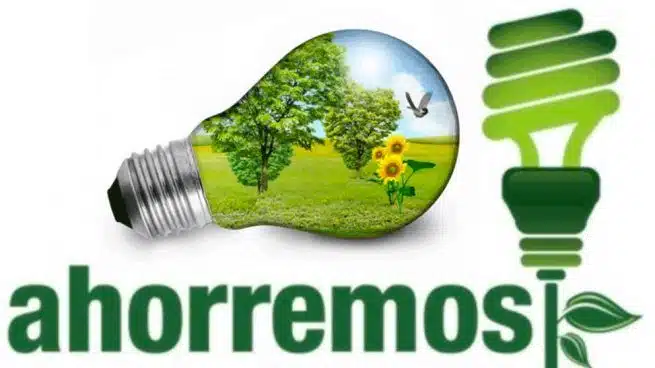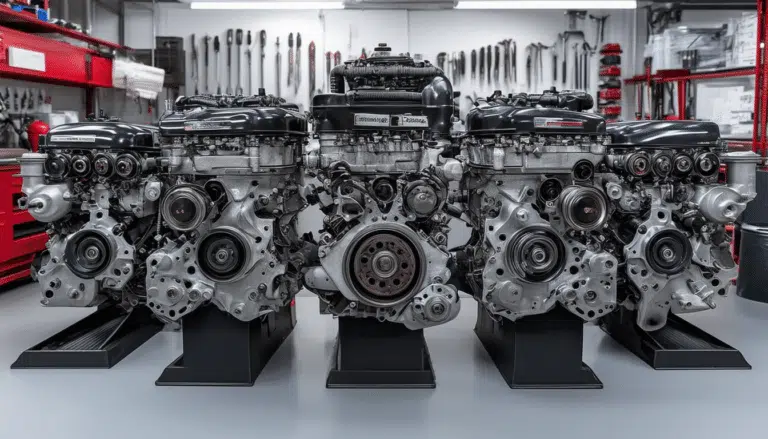Optimization of energy savings in our supply network

The optimization of energy savings in our supply network is an essential element in the pursuit of a more sustainable and efficient production model. With the continuous increase in energy demand and the growing scarcity of natural resources, it is imperative to adopt innovative strategies that allow for a reduction in energy consumption without compromising the quality of products. Implementing advanced technological solutions in energy management not only contributes to environmental sustainability but also promotes a more responsible use of available resources.
The optimization of energy savings in the supply network is essential in the pursuit of sustainable and efficient production. As energy demand continues to grow and natural resources become increasingly limited, implementing innovative and technological strategies becomes fundamental to reduce energy consumption without compromising product quality.
Challenges of energy savings in the industry
Currently, the industry faces several challenges related to energy consumption. The constant increase in the use of fossil fuels and the ever-more limited access to these resources makes it essential to adopt practices that optimize energy use. The implementation of more efficient technologies is not only advantageous in the long term but also contributes to environmental sustainability.
Energy efficiency initiatives
Energy efficiency initiatives should be a pillar in the strategy of any company. These may include the use of biofuels, such as coffee grounds that are used as fuel in facilities, taking advantage of their high energy content. This practice, besides reducing the consumption of natural gas, contributes to the reduction of CO2 emissions.
Innovation projects in electrical networks
The implementation of smart grids has marked a milestone in energy optimization. These grids allow for better control of electricity supply and promote the use of renewable energy. The integration of real-time measurement systems facilitates the identification of inefficiencies and the possibility to act on them immediately.
Energy savings in factories
Through concrete projects, processes in various factories have been optimized. The installation of efficient boilers and energy recovery systems has allowed for significant resource savings. For example, at the factory in Girona, the new coffee grounds valorization boiler promises a 25% reduction in natural gas consumption.
Economic benefits of energy efficiency
Investment in energy efficiency not only has a positive impact on the environment but also offers economic benefits. The reduction of operating costs, along with available grants and aid, translates into a long-term return on investment. The adoption of energy-saving technologies becomes a strategic decision for companies.
Awareness and education on sustainability
Awareness of the importance of energy savings should be a shared responsibility. Educational programs and awareness campaigns can foster habits of responsible energy use both in the business setting and at home. The more informed the community is about the benefits of energy efficiency, the greater the results will be in reducing consumption.
Conclusions and future of energy savings
The future of energy savings is based on innovation and collaboration between sectors. Energy efficiency initiatives, along with the use of advanced technologies, are fundamental for creating a more sustainable productive model. Researching and developing strategies to optimize energy consumption must continue, paving the way towards a cleaner and more efficient economy.
The optimization of energy savings in the supply network is essential to face the current challenges posed by a constant growth in energy demand and the need to preserve our natural resources. Implementing innovative technologies that allow for a significant reduction in energy consumption aligns with long-term sustainability objectives.
Through the implementation of efficient energy use practices, significant economic and ecological benefits can be achieved. For example, by adopting renewable energy systems and measuring energy consumption in real-time, any inefficiencies can be quickly identified and acted upon to improve energy performance. Additionally, it is vital to consider process optimization, which not only contributes to more efficient consumption but also helps reduce operational costs.
Collaboration between different sectors is key to maximizing energy savings efforts. By joining forces, resources and technical knowledge can be shared to enhance results. On the other hand, education and awareness of responsible energy use are fundamental to fostering a cultural shift that prioritizes energy efficiency in every home and business.
Finally, it is important to highlight that investment in sustainable technologies should be viewed as a priority, not only to comply with environmental regulations but also to ensure a cleaner future. In this way, by valuing the positive impact of each action aimed at improving energy use, progress towards sustainability and the resilience of our supply network is achieved.





